9 easy ways to reduce hunger
By naturopath Margaret Jasinska
Feeling hungry all the time isn’t pleasant. It’s distracting and it makes sticking with a healthy eating plan so much more difficult. You can have the best intentions at the start of the day, but extreme hunger can take over your rational mind and cause you to continually sabotage your healthy diet.
It’s normal to occasionally have a hungry day. Maybe because the weather turned cold, you had a rotten sleep or you’re stressed today. If extreme hunger is a regular problem for you, the following points may help to offer solutions:
Causes and solutions for excessive hunger


1. Insufficient sleep
Not getting enough sleep or receiving poor quality sleep is one of the biggest causes of hunger. It really messes with your appetite hormones, not only making you hungrier, but causing you to crave junk food or high sugar foods. Also, if you haven’t slept well you are not likely to be motivated to prepare healthy meals.


2. Not eating enough in the morning
Many of my patients try to be “good” with their diet and want to lose some weight. They eat far too little for breakfast, a smallish lunch, then end up snacking right through the afternoon and eat a large dinner. Try to make your meal sizes more balanced. Having a decent sized breakfast and lunch should make it significantly easier to avoid tempting high sugar snacks throughout the day. Eating a large meal late in the evening isn’t great for sleep quality either.
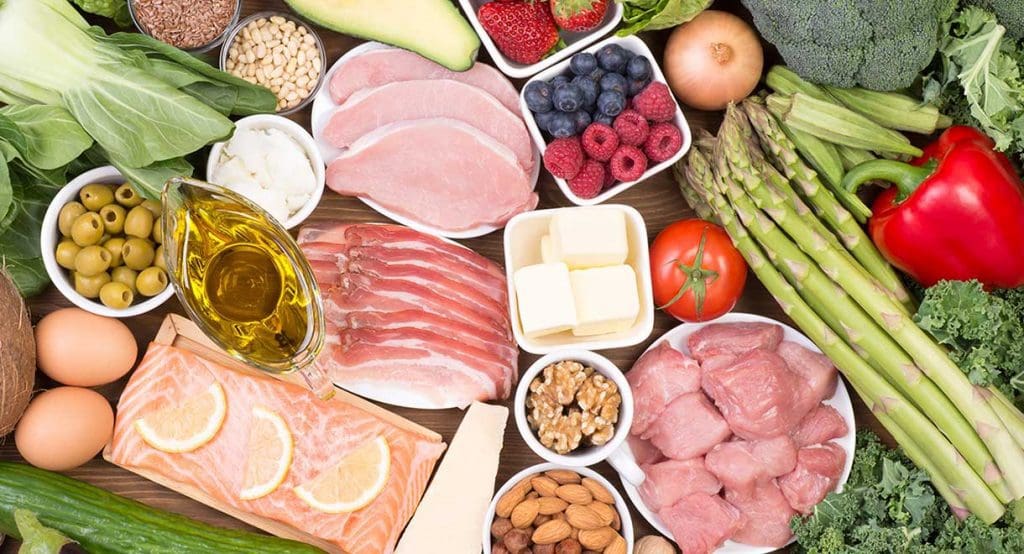

3. Insufficient protein or fat
These two nutrients are what help to keep your blood sugar stable and improve satiety. If you don’t eat enough protein or fat at a meal, you are likely to feel hungry a couple of hours later and it will be much more difficult to avoid unhealthy snacks. Good sources of protein include seafood, eggs, poultry and red meat. Nuts and seeds also contain protein, but they’re much higher in fat and that can be a problem for people wishing to lose weight. Synd-X protein powder is made of whey protein and can be used to make a delicious and filling smoothie for breakfast or as a snack. Healthy sources of fat include olive oil, coconut oil, butter, duck fat and other animal fats from grass fed animals.


4. Mindless, hurried eating
If you don’t pay attention to your meal while eating it, you are likely to feel dissatisfied afterwards and hunt around for snacks later. Try to eat slowly, chew well and try to find a relaxing environment in which to eat. Take a few deep breaths before starting your meal and appreciate the delicious food you are privileged to eat. Tyrosine is an amino acid that your brain uses to manufacture the neurotransmitters dopamine and noradrenalin. They help to keep you feeling calm and focused, handle stress better and derive more satisfaction from food.
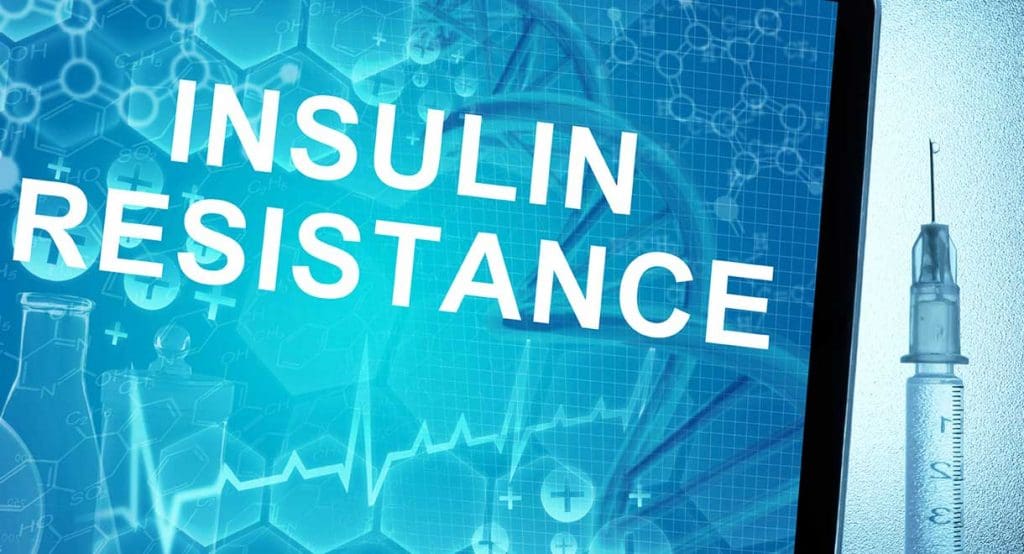

5. Insulin resistance
Also known as syndrome X. This is extremely common, and if you are carrying excess weight around your torso, there’s a very high chance you have some degree of insulin resistance. This means that your body finds it very difficult to use the energy from carbohydrate you eat. Instead, it is converted to body fat. People with insulin resistance usually don’t feel full after a meal. They feel like they could just keep on eating. There are solutions for insulin resistance in Dr Cabot’s book I Can’t Lose Weight and I Don’t Know Why.


6. Anxiety, boredom, procrastination
Eating is a pleasant distraction from all of those. Being calm and relatively busy and having things to look forward to can help take excessive focus off food. It’s important to have healthy ways to unwind and relax. Magnesium is a wonderful mineral that helps to relieve the symptoms of stress.


7. Thirst
We all know that not drinking enough fluids can lead to excessive hunger. Sometimes it’s good to be reminded. Try to drink water in between meals, so you don’t dilute digestive secretions while eating.
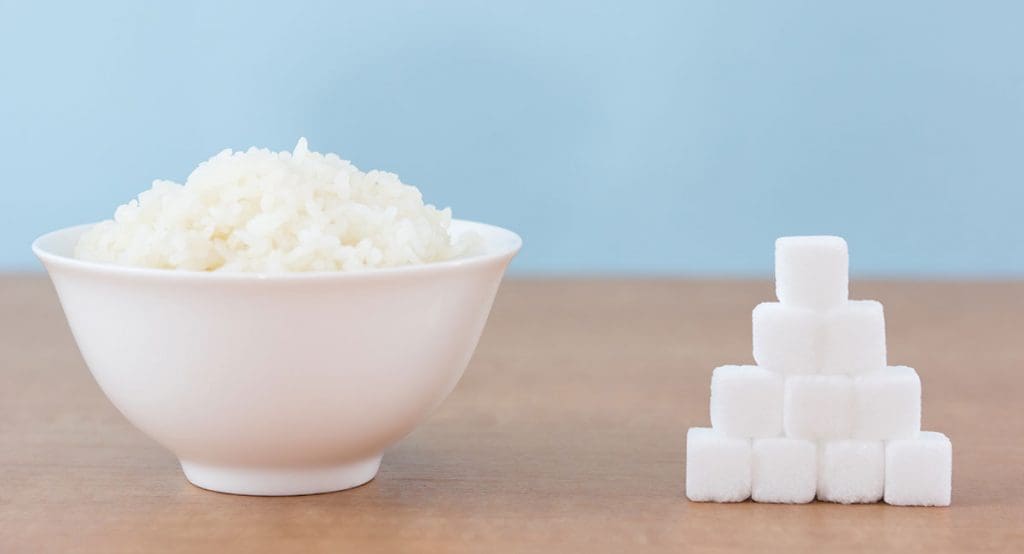

8. Too much carbohydrate or sugar
Carbohydrate rich meals such as breakfast cereal, pasta and rice can temporarily fill you up. They just don’t keep you full for very long. This is because they cause your stomach to release more ghrelin. Ghrelin is a hunger hormone; it travels to your brain and makes you feel hungry. If you want to eat carb-rich meals, it’s best to eat some protein and fat with them.
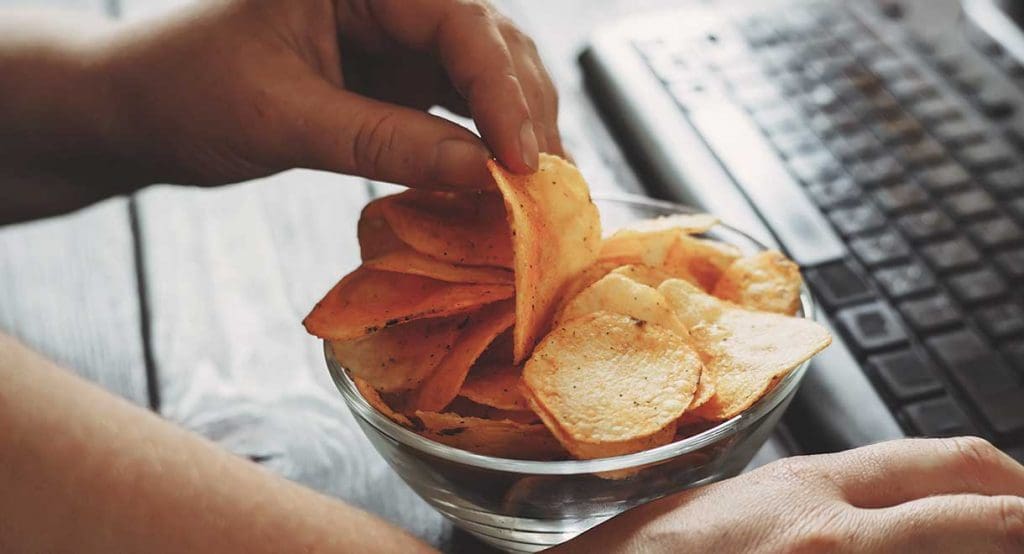

9. Too much snacking
Sometimes eating too frequently can cause you to lose touch with your body’s natural hunger signals. Eating too frequently can cause continually elevated blood insulin levels, which puts you in fat storage mode and can cause your body to continually be expecting food.




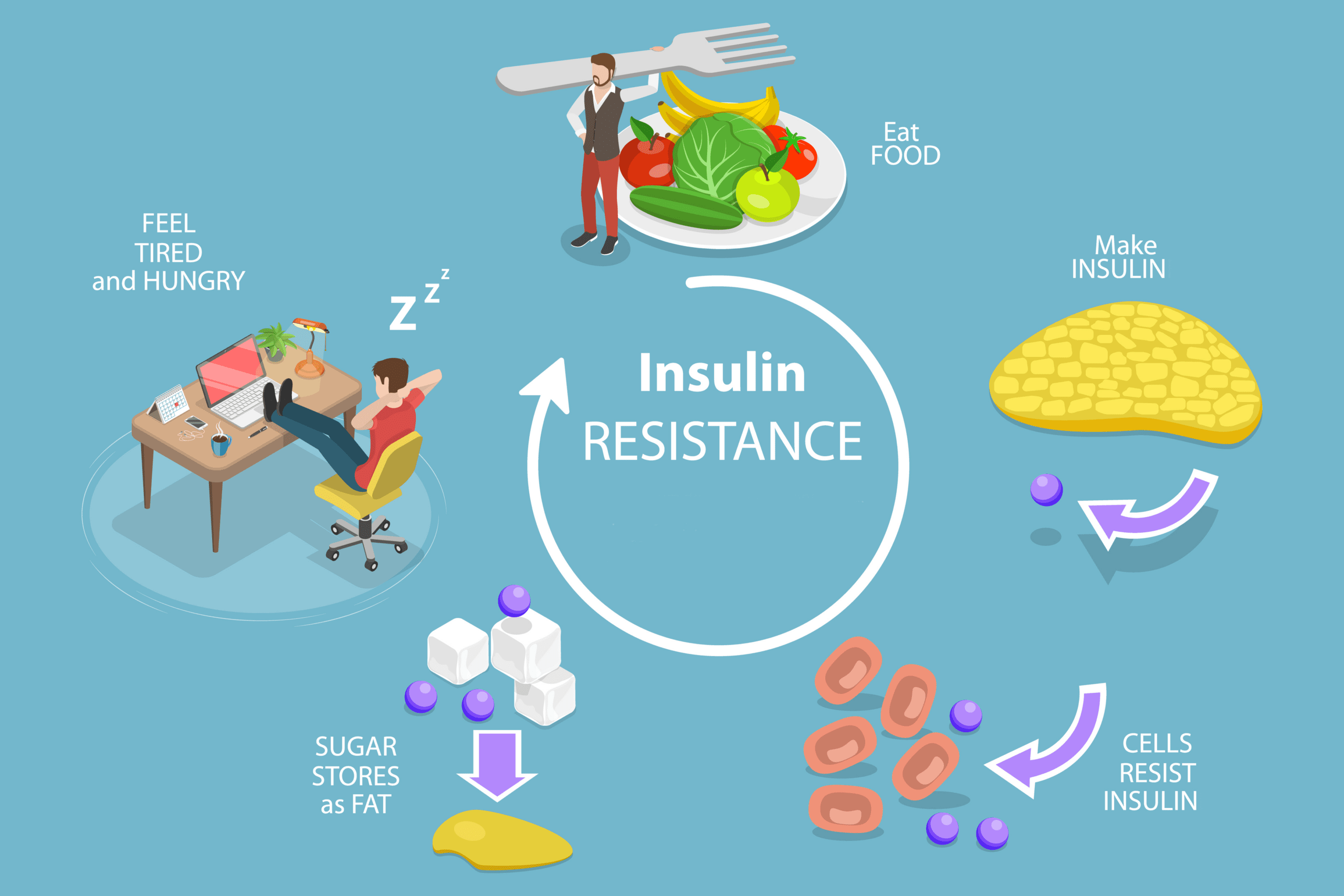
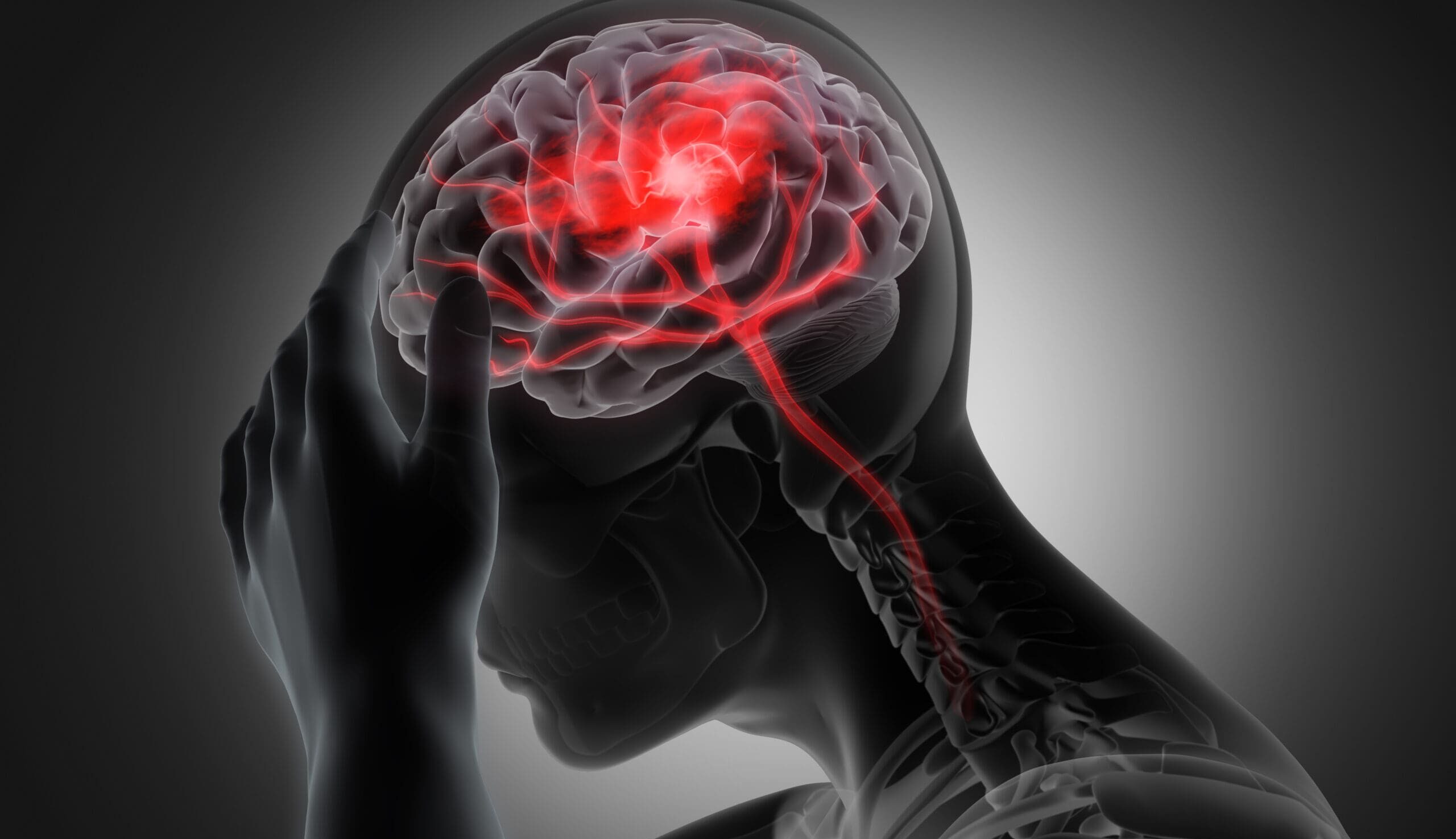


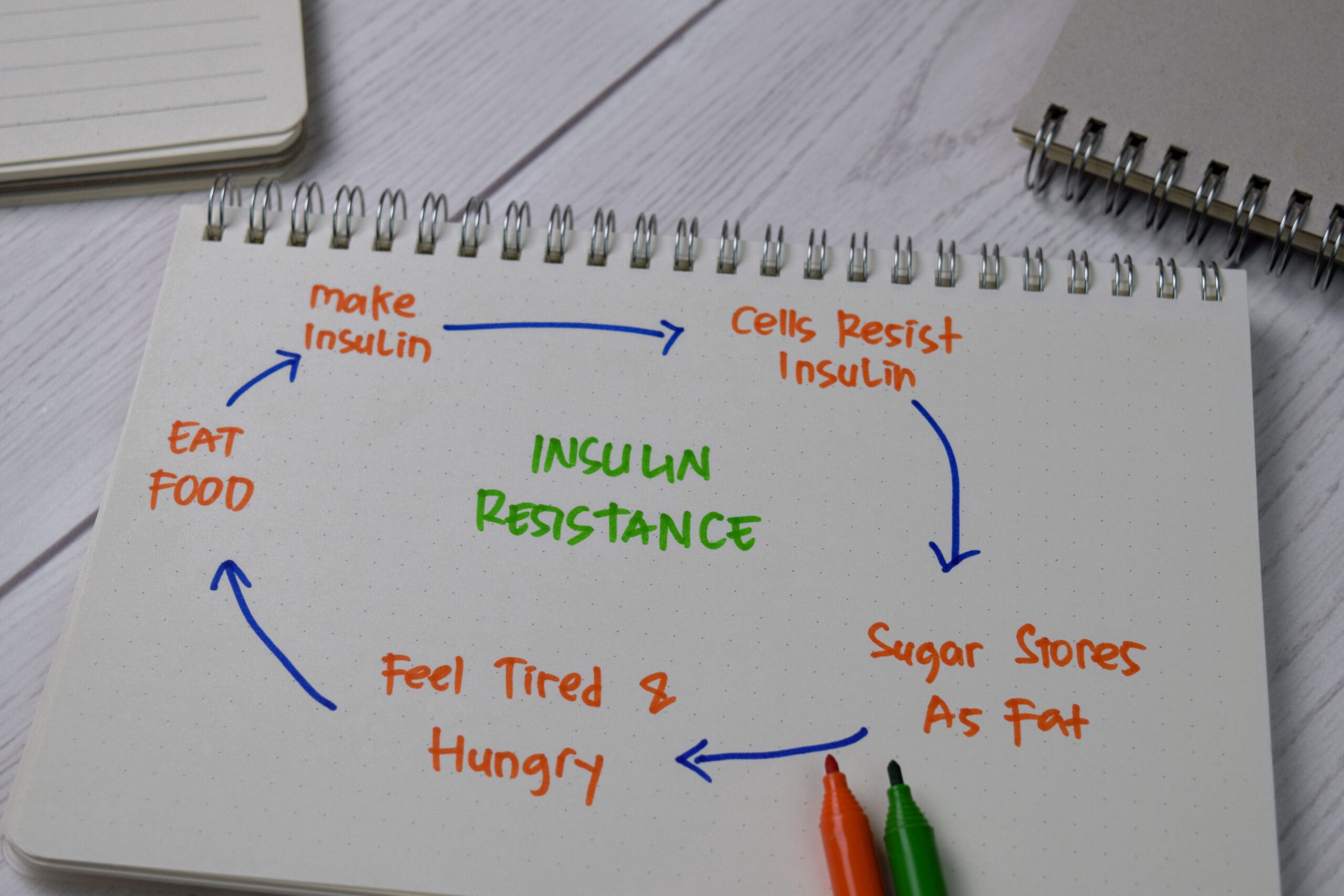
i find im often hungry not knowwing what i can have and too afraid to eat for fear of eating the wrong thing or gaining the weight back that i have lost so much conflicting information out there so few dieticians that know about liver issues ( two dieticians working for the same organisation with differing views)
Hi Julie,
Yes you are right about the amount of conflicting information out there.
It helps to find a health practitioner that you trust and to stick to their advice rather than trying to incorporate advice from different people / websites.
All the best,
Louise
not found one yet in queensland